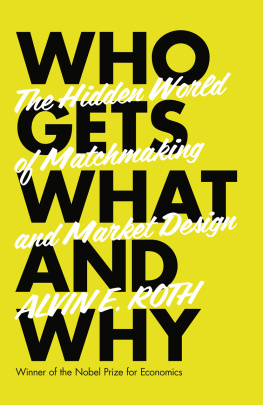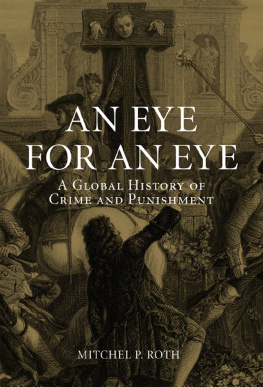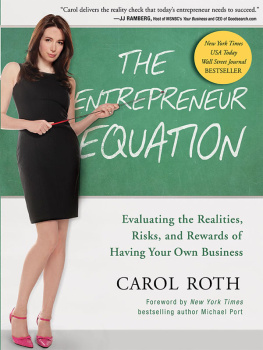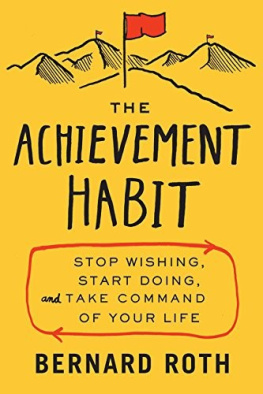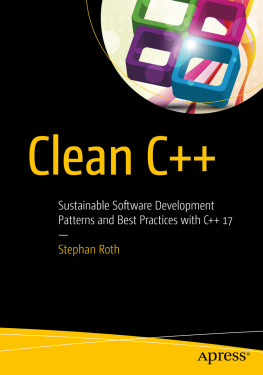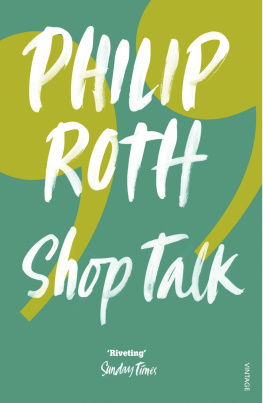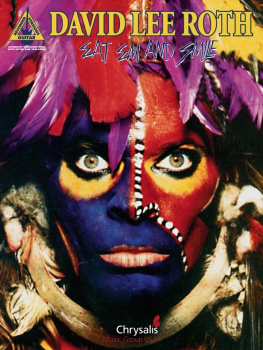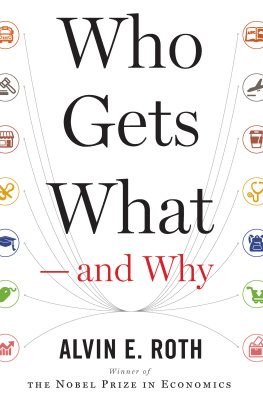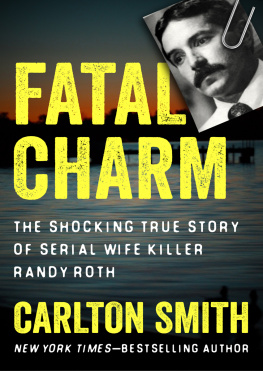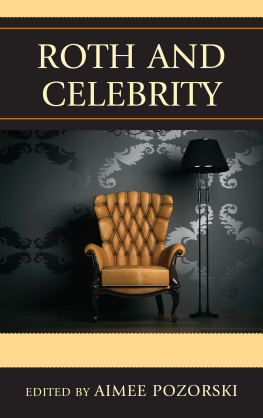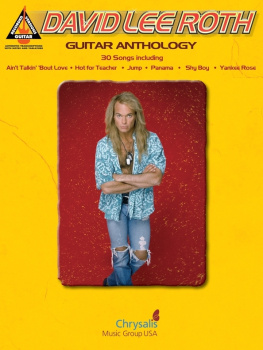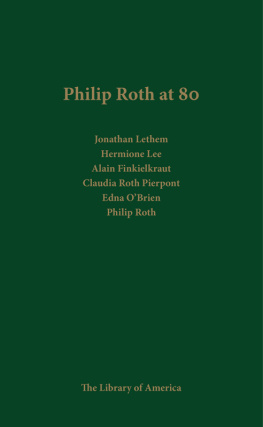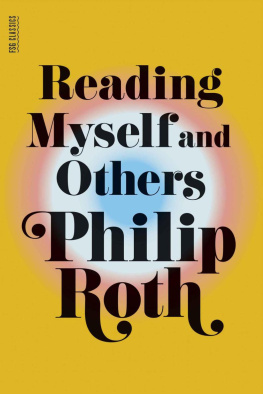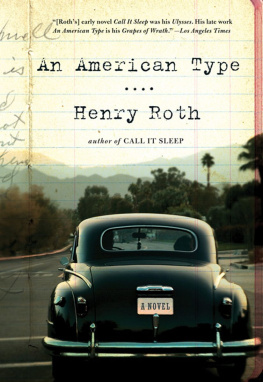Roth - The facts: a novelists autobiography
Here you can read online Roth - The facts: a novelists autobiography full text of the book (entire story) in english for free. Download pdf and epub, get meaning, cover and reviews about this ebook. City: New York, year: 2013, publisher: Farrar, Straus and Giroux, genre: Home and family. Description of the work, (preface) as well as reviews are available. Best literature library LitArk.com created for fans of good reading and offers a wide selection of genres:
Romance novel
Science fiction
Adventure
Detective
Science
History
Home and family
Prose
Art
Politics
Computer
Non-fiction
Religion
Business
Children
Humor
Choose a favorite category and find really read worthwhile books. Enjoy immersion in the world of imagination, feel the emotions of the characters or learn something new for yourself, make an fascinating discovery.

- Book:The facts: a novelists autobiography
- Author:
- Publisher:Farrar, Straus and Giroux
- Genre:
- Year:2013
- City:New York
- Rating:3 / 5
- Favourites:Add to favourites
- Your mark:
- 60
- 1
- 2
- 3
- 4
- 5
The facts: a novelists autobiography: summary, description and annotation
We offer to read an annotation, description, summary or preface (depends on what the author of the book "The facts: a novelists autobiography" wrote himself). If you haven't found the necessary information about the book — write in the comments, we will try to find it.
Roth: author's other books
Who wrote The facts: a novelists autobiography? Find out the surname, the name of the author of the book and a list of all author's works by series.
The facts: a novelists autobiography — read online for free the complete book (whole text) full work
Below is the text of the book, divided by pages. System saving the place of the last page read, allows you to conveniently read the book "The facts: a novelists autobiography" online for free, without having to search again every time where you left off. Put a bookmark, and you can go to the page where you finished reading at any time.
Font size:
Interval:
Bookmark:
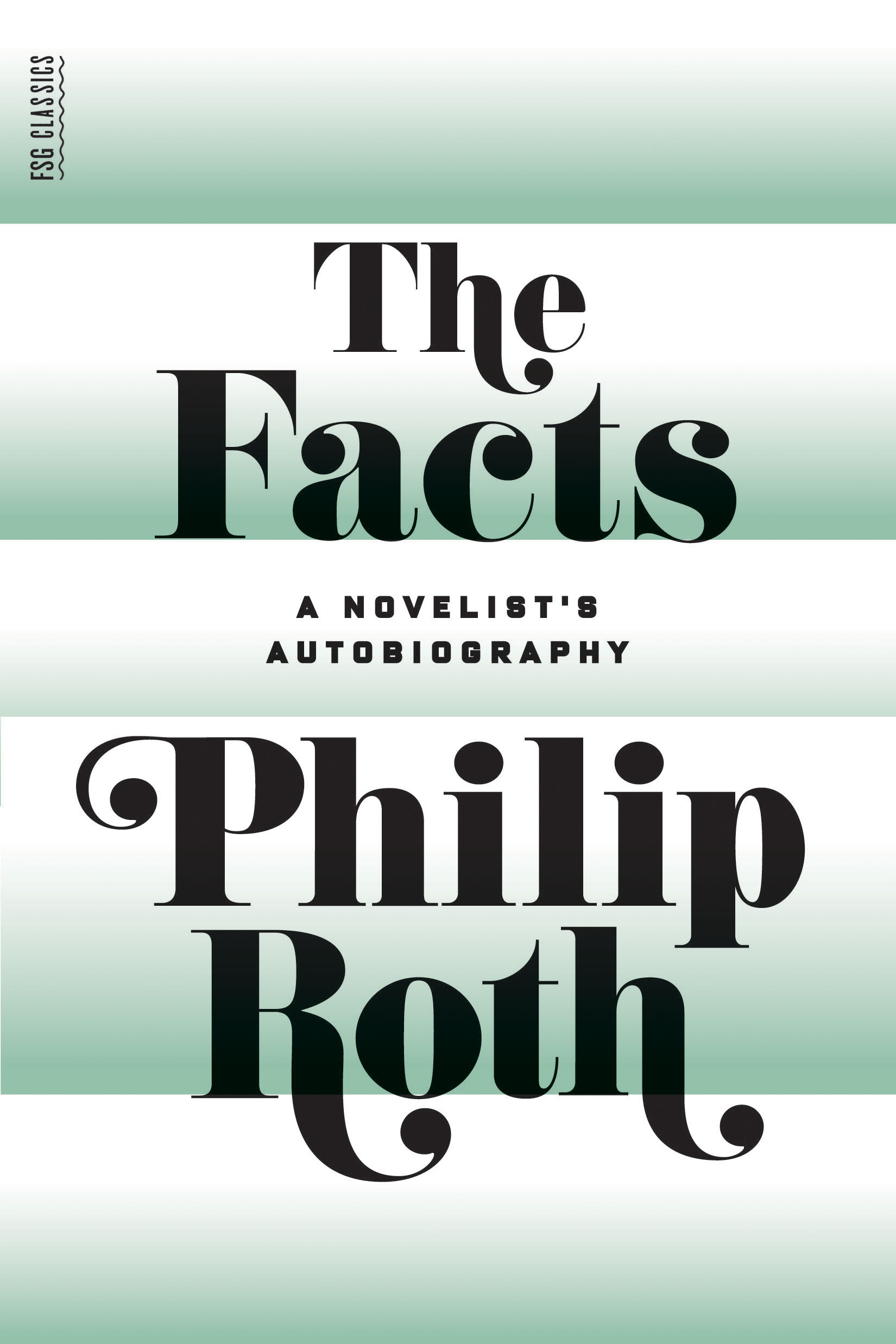

The author and publisher have provided this e-book to you for your personal use only. You may not make this e-book publicly available in any way. Copyright infringement is against the law. If you believe the copy of this e-book you are reading infringes on the authors copyright, please notify the publisher at: us.macmillanusa.com/piracy.
Contents
To my brother at sixty
And as he spoke I was thinking, the kind of stories that people turn life into, the kind of lives that people turn stories into.
Nathan Zuckerman, in The Counterlife
Dear Zuckerman,
In the past, as you know, the facts have always been notebook jottings, my way of springing into fiction. For me, as for most novelists, every genuine imaginative event begins down there, with the facts, with the specific, and not with the philosophical, the ideological, or the abstract. Yet, to my surprise, I now appear to have gone about writing a book absolutely backward, taking what I have already imagined and, as it were, desiccating it, so as to restore my experience to the original, prefictionalized factuality. Why? To prove that there is a significant gap between the autobiographical writer that I am thought to be and the autobiographical writer that I am? To prove that the information that I drew from my life was, in the fiction, incomplete? If that was all, I dont think I would have gone to the trouble, since thoughtful readers, if they were interested enough to care, could have figured as much for themselves. Nor was there any call for this book; no one ordered it, no one sent down for an autobiography from Roth. The order, if it was ever even placed, went out thirty years ago, when certain of my Jewish elders demanded to know just who this kid was who was writing this stuff.
No, the thing seems to have been born out of other necessities, and sending this manuscript to youand asking you, as I do, to tell me whether you think I should publish itprompts me to explain what may have led to my presenting myself in prose like this, undisguised. Until now I have always used the past as the basis for transformation, for, among other things, a kind of intricate explanation to myself of my world. Why appear untransformed in front of people when, by and large, in the unimagined world, Ive refrained from nakedly divulging my personal life to (and pressing a TV personality on) a serious audience? On the pendulum of self-exposure that oscillates between aggressively exhibitionistic Mailerism and sequestered Salingerism, Id say that I occupy a midway position, trying in the public arena to resist gratuitous prying or preening without making too holy a fetish of secrecy and seclusion. So why claim biographical visibility now, especially as I was educated to believe that the independent reality of the fiction is all there is of importance and that writers should remain in the shadows?
Well, to begin to answerthe person Ive intended to make myself visible to here has been myself, primarily. Over fifty you need ways of making yourself visible to yourself. A moment comes, as it did for me some months back, when I was all at once in a state of helpless confusion and could not understand any longer what once was obvious to me: why I do what I do, why I live where I live, why I share my life with the one I do. My desk had become a frightening, foreign place and, unlike similar moments earlier in life when the old strategies didnt work anymoreeither for the pragmatic business of daily living, those problems that everybody faces, or for the specialized problems of writingand I had energetically resolved on a course of renewal, I came to believe that I just could not make myself over yet again. Far from feeling capable of remaking myself, I felt myself coming undone.
Im talking about a breakdown. Although theres no need to delve into particulars here, I will tell you that in the spring of 1987, at the height of a ten-year period of creativity, what was to have been minor surgery turned into a prolonged physical ordeal that led to an extreme depression that carried me right to the edge of emotional and mental dissolution. It was in the period of post-crack-up meditation, with the clarity attending the remission of an illness, that I began, quite involuntarily, to focus virtually all my waking attention on worlds from which I had lived at a distance for decadesremembering where I had started out from and how it had all begun. If you lose something, you say, Okay, lets retrace the steps. I came in the house, took off my coat, went into the kitchen, etc., etc. In order to recover what I had lost I had to go back to the moment of origin. I found no one moment of origin but a series of moments, a history of multiple origins, and thats what I have written here in the effort to repossess life. I hadnt ever mapped out my life like this but rather, as Ive said, had looked only for what could be transformed. Here, so as to fall back into my former life, to retrieve my vitality, to transform myself into myself, I began rendering experience untransformed.
Perhaps it wasnt even myself I wanted to be turned into but the boy I had been when I went off to college, the boy surrounded on the playground by his neighborhood compatriotsback down to ground zero. After the crack-up comes the grateful rush into ordinary life, and that was my life at its most ordinary. I suppose I wanted to return to the point when the launch was the launch of a more ordinary Roth and, at the same time, to reengage those formative encounters, to reclaim the earliest struggles, to get back to that high-spirited moment when the manic side of my imagination took off and I became my own writer; back to the original well, not for material but for the launch, the re launchout of fuel, back to tank up on the magic blood. Like you, Zuckerman, who are reborn in The Counterlife through your English wife, like your brother, Henry, who seeks rebirth in Israel with his West Bank fundamentalists, just as both of you in the same book miraculously manage to be revived from death, I too was ripe for another chance. If while writing I couldnt see exactly what I was up to, I do now: this manuscript embodies my counterlife, the antidote and answer to all those fictions that culminated in the fiction of you. If in one way The Counterlife can be read as fiction about structure, then this is the bare bones, the structure of a life without the fiction.
As a matter of fact, the two longish works of fiction about you, written over a decade, were probably what made me sick of fictionalizing myself further, worn out with coaxing into existence a being whose experience was comparable to my own and yet registered a more powerful valence, a life more highly charged and energized, more entertaining than my own which happens to have been largely spent, quite unentertainingly, alone in a room with a typewriter. I was depleted by the rules Id set myselfby having to imagine things not quite as they had happened to me or things that never happened to me or things that couldnt possibly have happened to me happening to an agent, a projection of mine, to a kind of me. If this manuscript conveys anything, its my exhaustion with masks, disguises, distortions, and lies.
Of course, even without the crack-up and the need for self-investigation it generated, I might have found myself, at this moment, unable to wield the whip over the facts sufficiently to make real life amazing. Undermining experience, embellishing experience, rearranging and enlarging experience into a species of mythologyafter thirty years at that, it could have seemed like Id had enough even under the best of circumstances. To demythologize myself and play it straight, to pair the facts as lived with the facts as presented might well have seemed the next thing to doif not the only thing I could doso long as the capacity for self-transformation and, with it, the imagination were at the point of collapse. Insofar as the rest of me, which had collapsed as well, intuited that stripping the writing down to unvarnished specificity was a part of getting back what Id lost, a means of recovery and a way to strength, there wasnt even a choice. I needed clarification, as much of it as I could getdemythologizing to induce depathologizing.
Font size:
Interval:
Bookmark:
Similar books «The facts: a novelists autobiography»
Look at similar books to The facts: a novelists autobiography. We have selected literature similar in name and meaning in the hope of providing readers with more options to find new, interesting, not yet read works.
Discussion, reviews of the book The facts: a novelists autobiography and just readers' own opinions. Leave your comments, write what you think about the work, its meaning or the main characters. Specify what exactly you liked and what you didn't like, and why you think so.

